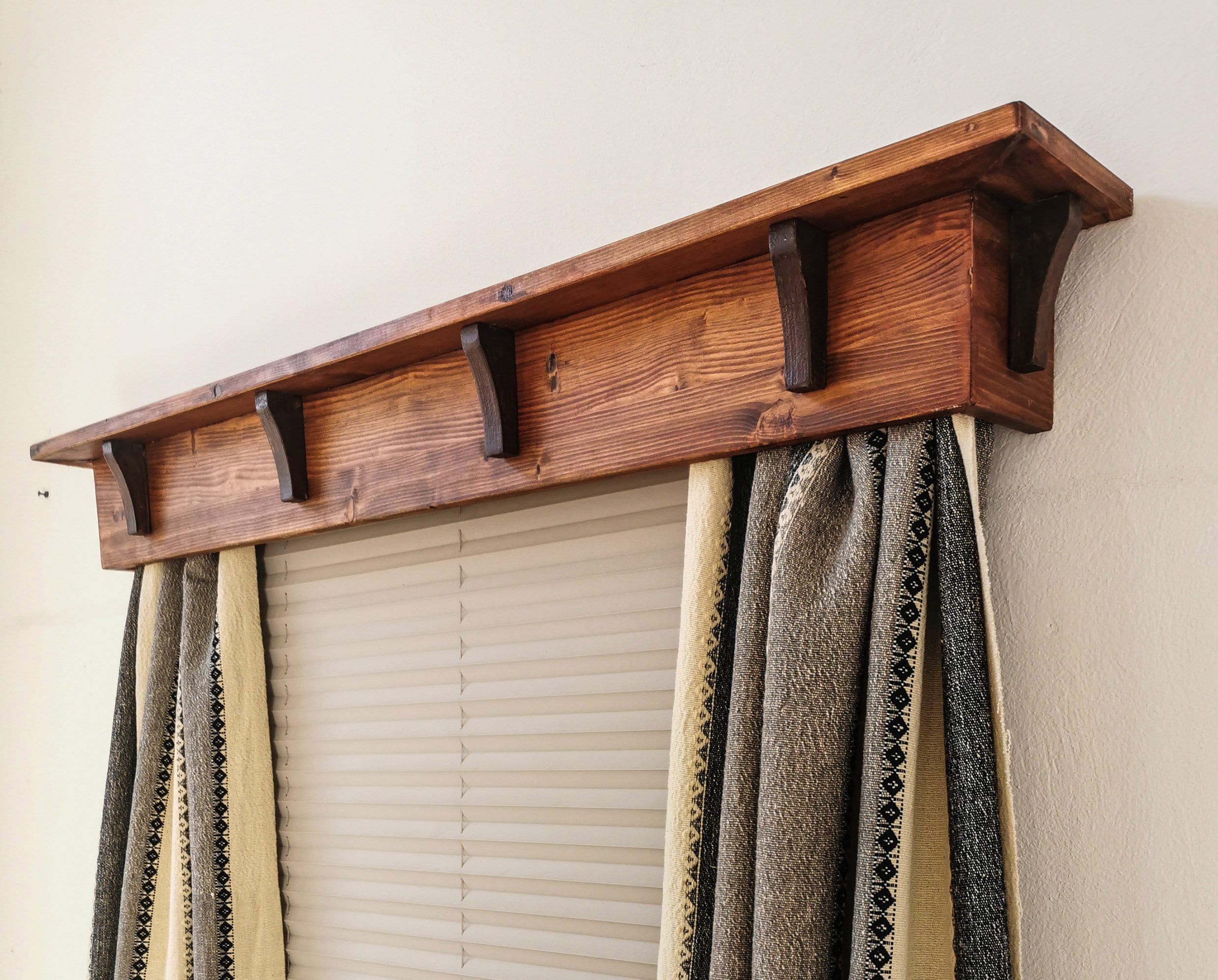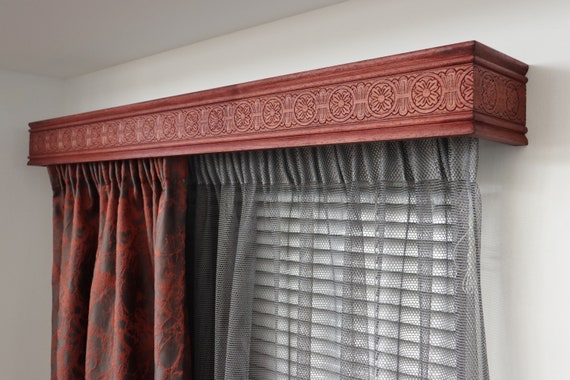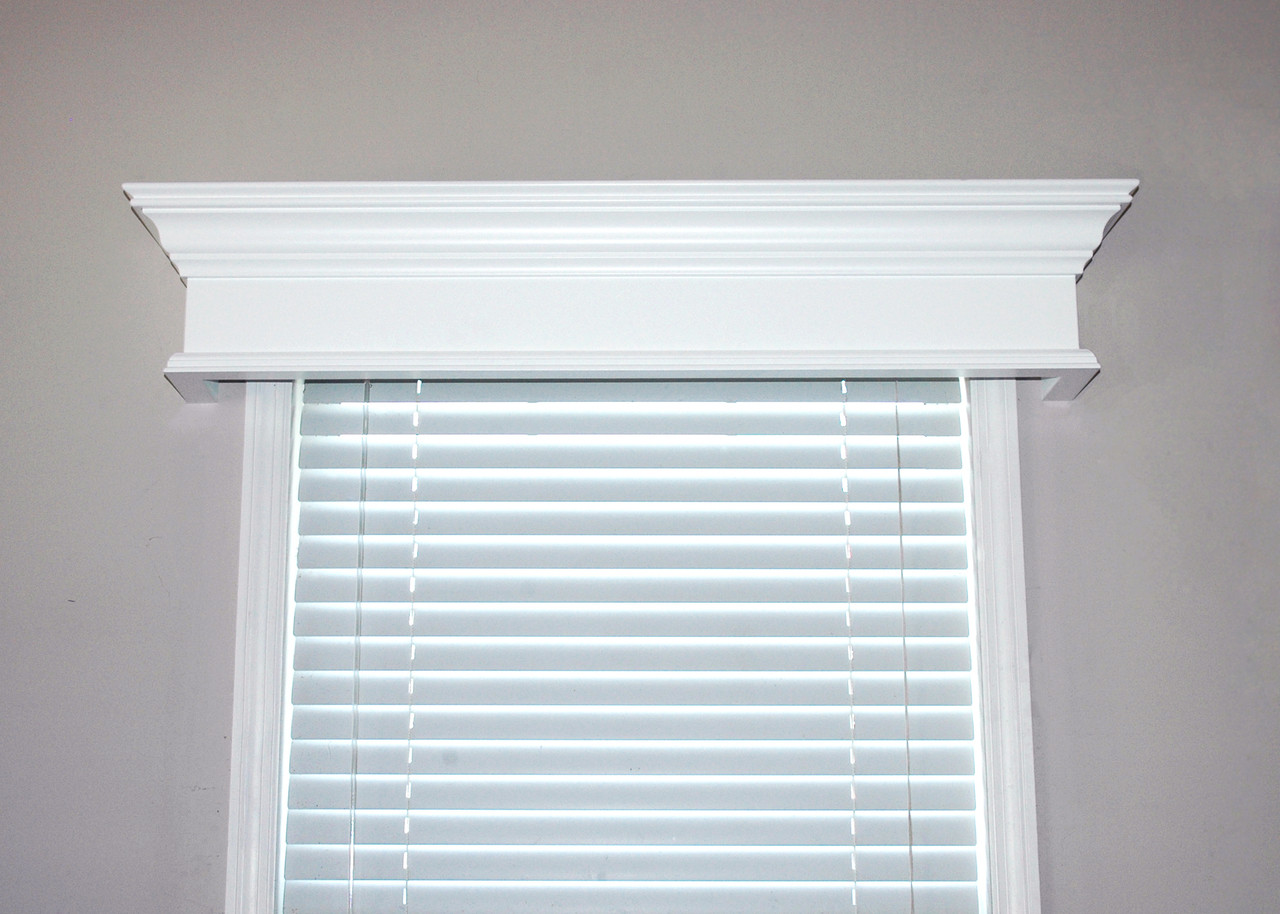When it comes to home decor, sometimes it’s the little things that make a significant impact. One such element is the decorative wood window cornice. As a passionate home decorator with years of experience, I’ve seen how these charming pieces can enhance the character of any room. In this comprehensive guide, we’ll explore everything you need to know about decorative wood window cornices, from styles and installation to maintenance and design tips.
What is a Decorative Wood Window Cornice?
A decorative wood window cornice is a horizontal architectural element that crowns the top of a window. Traditionally made from wood, cornices can be ornately crafted or simple in design. They not only serve a decorative purpose but also help in concealing curtain rods, blinds, and other window treatments.
History of Window Cornices
The use of cornices dates back centuries, with roots in classical architecture. Originally employed for their functional benefits, such as preventing sunlight from entering a room and controlling the flow of air, they have since evolved into crucial decorative components in both historical and contemporary interiors.
Benefits of Decorative Wood Window Cornices
- Enhances Aesthetic Appeal: Wood cornices add a touch of elegance and sophistication to any room.
- Conceals Hardware: They effectively hide curtain rods and brackets, creating a cleaner look.
- Insulation: Cornices can assist in providing an extra layer of insulation, making rooms more energy-efficient.
Different Styles of Wood Window Cornices
Traditional Cornices
Traditional cornices often feature intricate carvings and rich details. They are ideal for classic and vintage-themed interiors.
Modern Cornices
Modern designs focus on clean lines and minimalism. These cornices are perfect for contemporary spaces.
Shaker Style Cornice
Inspired by the Shaker movement, these cornices offer simplicity with functionality, often utilizing squared edges and minimal decoration.
Custom Cornices
Custom cornices allow homeowners to tailor the design to suit their specific aesthetic preferences, making them unique to each space.
Choosing the Right Wood for Your Cornice
When selecting wood for your cornice, consider the following options:
| Wood Type | Pros | Cons |
|---|---|---|
| Oak | Durable, beautiful grain | Can be expensive |
| Pine | Affordable, easy to paint | Less durable than hardwoods |
| Maple | Hard, smooth finish | Can be hard to work with |
| Cherry | Rich color, ages well | Higher cost |
How to Measure for a Decorative Wood Window Cornice
Accurate measurements are crucial for a proper fit. Here’s a quick guide:
- Measure the width of the window frame.
- Decide how far you want the cornice to project from the wall.
- Consider the height of the cornice; typically, this can range from 6 to 12 inches.

Installation Tips for Your Cornice
Installing a decorative wood cornice may seem daunting, but with proper tools and preparation, it can be a straightforward DIY project. Here’s how to do it:
Tools and Materials Needed
- Measuring tape
- Level
- Stud finder
- Wood screws
- Wood glue
- Paint or stain (if desired)
Step-by-Step Installation Guide
- Locate the wall studs using a stud finder.
- Mark the desired height and width on the wall, ensuring it is level.
- Pre-drill holes into the cornice for easier installation.
- Attach the cornice to the wall using screws and wood glue for added security.
- Finish with paint or stain to match your decor.

Maintenance of Wood Window Cornices
With the right care, your wood cornice can last for years. Here’s how to keep it looking its best:
Cleaning Tips
Dust your cornice regularly with a soft cloth. For deeper cleaning, use a mild soap solution and dry it thoroughly.
Inspecting for Damage
Regularly check for signs of wear or damage, such as cracks or paint peeling, and address them promptly to prevent further issues.
Pros and Cons of Decorative Wood Window Cornices
Pros
- Adds elegance to decor
- Helps in concealing hardware
- Potentially enhances energy efficiency
Cons
- Can be costly depending on materials
- Requires regular maintenance
- Installation can be challenging for beginners

FAQs About Decorative Wood Window Cornices
1. Are decorative wood window cornices easy to install?
While they can be a bit challenging for beginners, with the right tools and guidance, many homeowners can successfully install them on their own.
2. How do I choose the right style for my home?
Consider your overall interior design theme. For traditional settings, opt for ornate designs, while modern spaces may benefit from sleek, minimalist cornices.

3. Can I paint or stain my cornice?
Absolutely! Painting or staining can help the cornice blend seamlessly with your decor or stand out as a statement piece.
4. How often should I clean my cornice?
Regular dusting is recommended, with a deeper clean every few months, or as needed, depending on your home’s dust and pet dander levels.

Conclusion
Decorative wood window cornices are more than just an aesthetic feature; they are a combination of beauty, functionality, and tradition. Whether you’re looking to add elegance to your living room or simply wanting to hide curtain rods, cornices offer the perfect solution. With proper selection, installation, and maintenance, these charming architectural details can enhance your home’s character for years to come. I hope this guide inspires you to consider decorative wood cornices as a stylish addition to your decor!
So what are you waiting for? Start exploring your options, and bring a touch of elegance to your windows today!